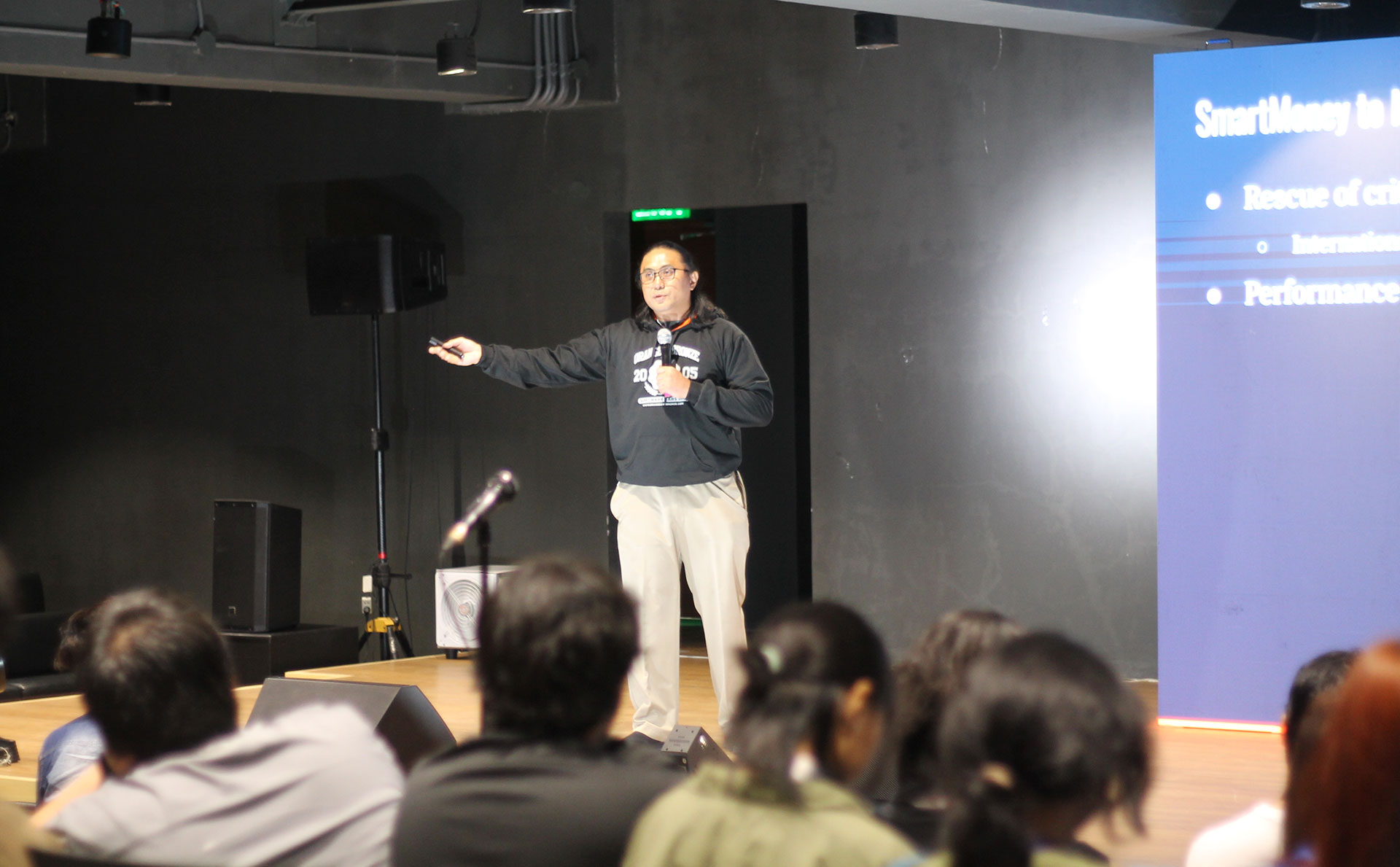Are organizations unlocking the potential of generative AI to transform healthcare or is it simply too risky for healthcare practitioners to engage in?
KEY TAKEAWAYS
- Generative AI has the potential to revolutionize healthcare, but implementation poses challenges due to lack of regulations and risk appetite.
- Executives in healthcare identify AI as a potential game changer, however, healthcare organizations have been slow in adopting generative AI.
- Low-risk use cases can be implemented to provide measurable benefits without compromising patient safety in order for healthcare organizations to gain experience and develop the technology within their industry.
In a landscape where rapid technological evolution is the norm, the healthcare sector is faced with a crucial decision: whether to embrace the transformative potential of generative AI or remain cautious due to the inherent risks and uncertainties. Generative AI, a rapidly advancing field in artificial intelligence, holds immense promise for revolutionizing healthcare. It could address various challenges and open new frontiers, leveraging the power of machine learning and deep learning algorithms. However, the healthcare industry, known for its stringent regulations and low risk appetite, has been hesitant to adopt this untested technology prematurely.
The healthcare system, just beginning to recover from the impacts of COVID-19, is under pressure to find innovative solutions to address staff shortages, burnout, and improve overall patient outcomes. Generative AI applications like ChatGPT and Google Bard present a timely opportunity for healthcare organizations to accelerate this recovery process. Nevertheless, the lack of regulations, concerns about data privacy, reliability of results, and overall patient safety continue to pose significant challenges.
The primary resistance from this highly regulated industry is the lack of regulations itself. Being a new technology, there is little to no oversight provided to developing applications in different industries. The fear of data privacy breaches, the reliability of results, and overall patient safety poses several challenges to overcome. Despite these challenges, executives in healthcare recognize the potential of AI to revolutionize medical technology. One example is through personalizing healthcare data and giving rise to health information democratization. A strategic approach to overcome these hurdles is to implement low risk use cases that provide tangible benefits without compromising patient safety. These could include optimizing resource allocation, managing patient records, and improving customer service efficiency. Generative AI also offers potential to boost healthcare margins by streamlining administrative processes, thus reducing costs and waste, and could be employed in areas like insurance claims processing and medical billing.
Delving into the discourse on ethics, the issues become apparent once AI applications become responsible in deciding on who goes first on a transplant list or who needs the limited number of respirators more. Navigating these challenges and being able to gain enough insight into the technology will pave the way towards a long-term win with generative AI in healthcare.
A recent survey by Bain and Company highlights that a majority of executives in healthcare realize the potential of AI to change the way medical technology will evolve, but only 6% have cited AI as part of their key objectives. One identified strategy is to implement low risk use cases that provide visible benefits to a healthcare organization’s workflow without compromising patient safety. From optimizing resource allocation, to managing patient records, and improving customer service efficiency, there are many ways to integrate generative AI into the healthcare system with minimal risk to patient outcomes. Furthermore, generative AI offers the potential to boost healthcare margins by streamlining these administrative processes and reducing costs and waste. It can also be employed in areas such as insurance claims processing, medical billing, and customer service management, enabling healthcare organizations to deliver more efficient and cost-effective services.
To conclude, generative AI has the capability to significantly alter the landscape of healthcare technology. It can improve patient outcomes by streamlining administrative processes, managing healthcare data, and enhancing customer service initiatives. However, concerns surrounding data privacy, reliability, and ethics must be addressed before widespread adoption can occur. By maximizing low risk use cases and partnering with experienced technology integrators like Orange and Bronze, healthcare organizations can harness the benefits of generative AI and gain a competitive advantage in the healthcare space in the coming years.










